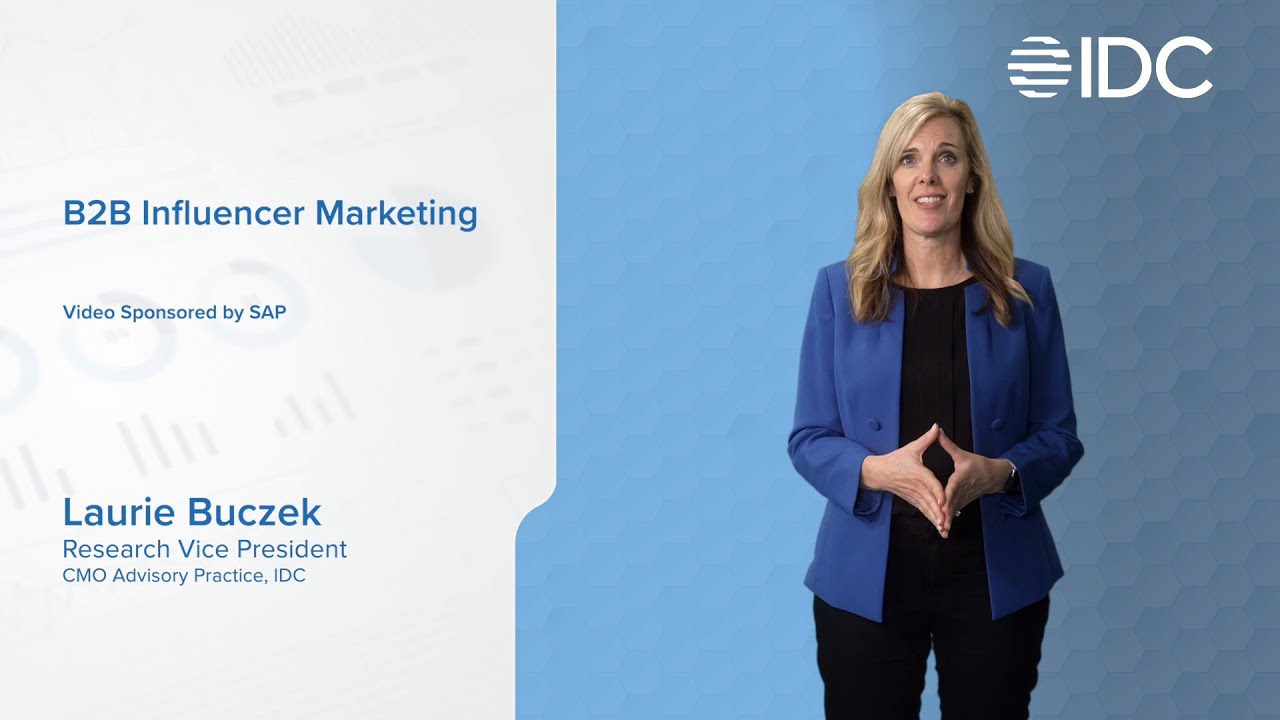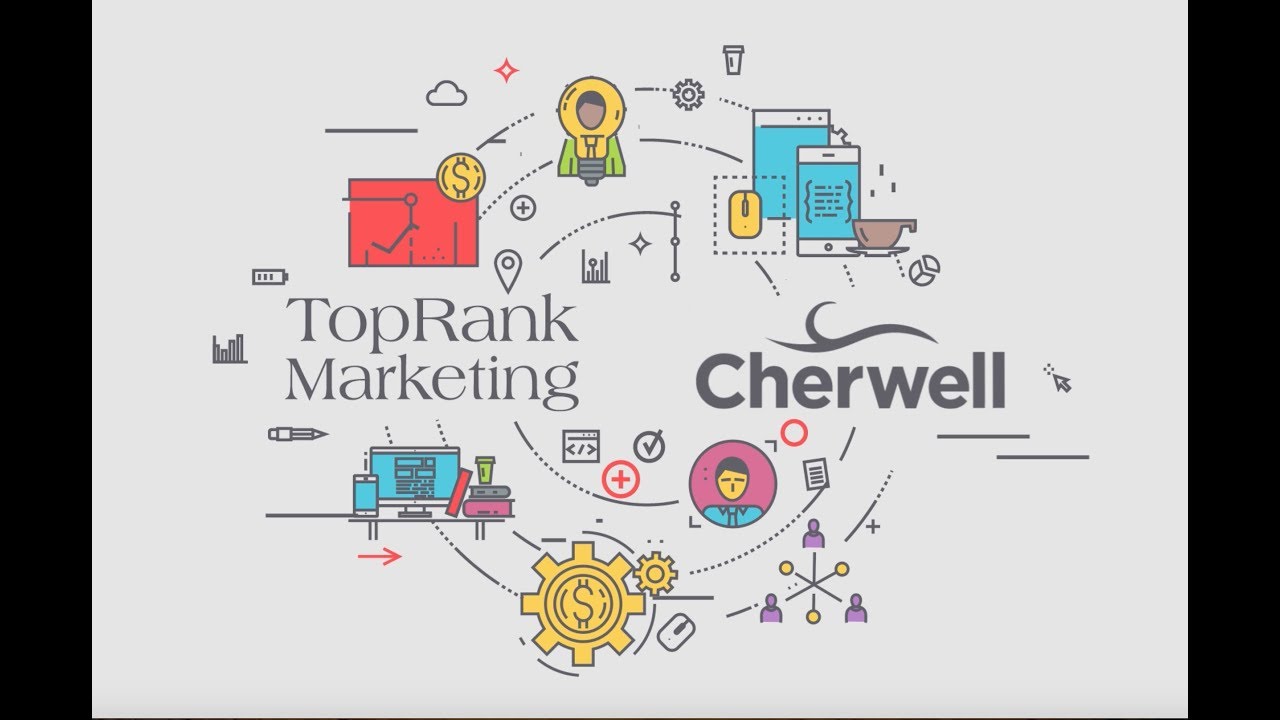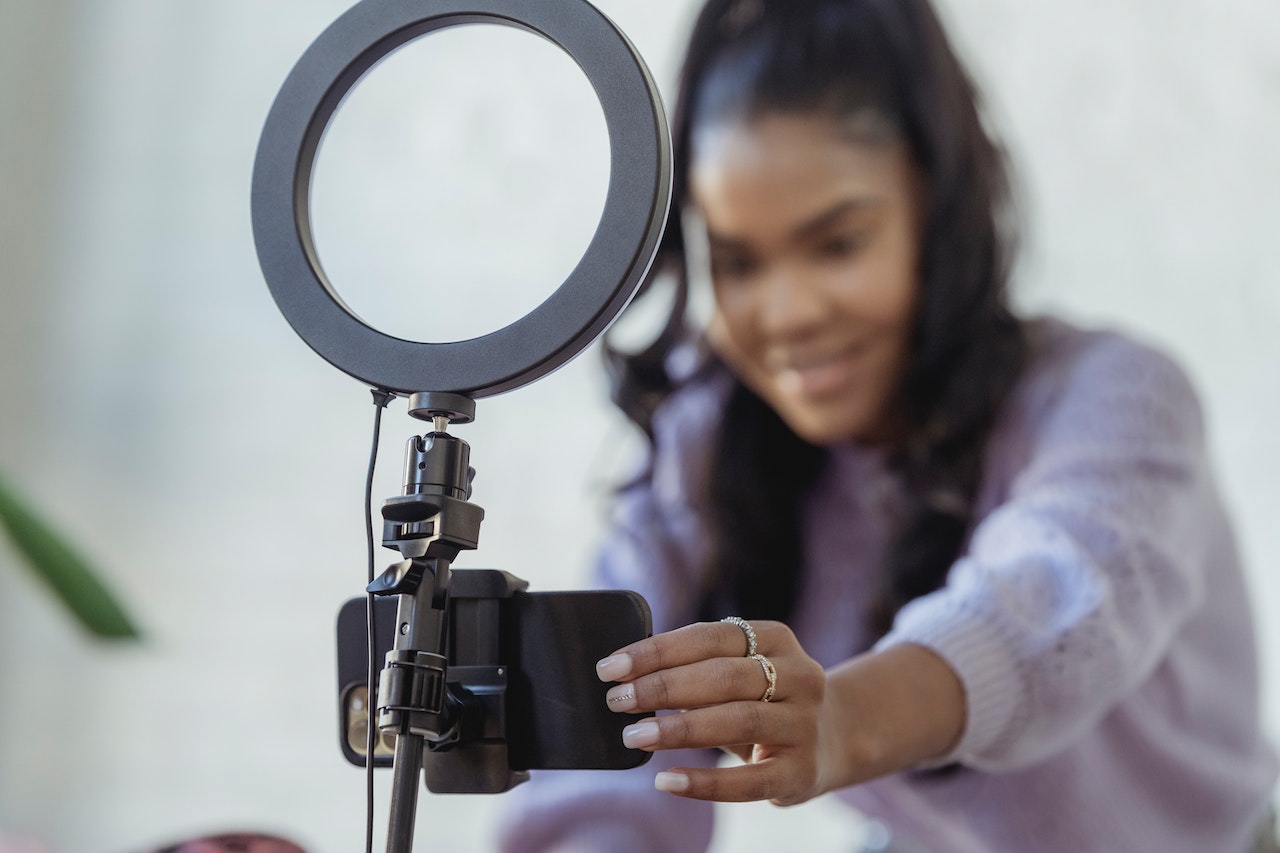Over the years, B2B influencer marketing has evolved.
It has become an increasingly popular tactic for businesses looking to expand their reach and drive sales.
Different individuals have created a strong online presence and a significant following in a particular industry or niche.
By leveraging the influence of these individuals, businesses can effectively promote their products and services to a wider audience.
However, the evolution of B2B influencer marketinghas been a journey of trial and error.
In the past, businesses struggled to:
- identify the right influencers
- measure the return on investment (ROI) of their campaigns
- maintain long-term relationships with their influencers
In this context, this topic will explore how B2B influencer marketinghas evolved throughout the years, from its early beginnings to its current state, and discuss how businesses can make the most of this powerful marketing strategy.

B2B Influencer Marketing
B2B In Marketing
Marketing plays a critical role in business-to-business(B2B) transactions, as it helps businesses attract, engage, and retain customers.
The relationship between B2B and marketingis that B2B marketing involves creating and implementing strategies to market products or services to other businesses.
It basically aims to:
- generate leads
- close deals
- build long-term relationships
Business-to-business (B2B) marketing, therefore, is the process of promoting goods or services from one business to another.
Unlike business-to-consumer (B2C) marketing, which is focused on targeting individual consumers, B2B marketing is designed to reach and persuade decision-makers within other businesses.
As we later discuss how B2B influencer marketinghas evolved, let’s first look into B2B and influencer marketing as separate entities.
What Is Business-To-Business (B2B)?
Business-to-business (B2B) refers to transactions that take place between two businesses, as opposed to transactions between businesses and individual consumers (B2C).
Such dealings may involve the sale of goods, services, or information.
B2B transactions often occur:
- between manufacturers and wholesalers
- between wholesalers and retailers
For example, a manufacturer of computer components might sell its products to a wholesaler, who in turn sells the components to retailers who then sell them to end-users.
Building strong relationships with other businesses is often key to success in the B2B marketplace.
What Is Influencer Marketing?
To get a good grasp of how B2B influencer marketing has evolved, here’s a brief discussion about the term “influencer marketing.”
Influencer marketing is a type of marketing that uses influential people to promote a brand or product to their audience.
Its goal is to leverage the trust and credibility that influencers have with their followers to promote a product or service.
The process of influencer marketing usually involves these three basic steps:
Step 1: Identify influencers in a particular niche or industry.
Step 2:Reach out to them to establish a partnership.
Step 3:Then work with them to create contentthat promotes the brand or product.
This content can take many forms, such as:
- sponsored posts on social media
- reviews
- endorsements
- collaborations
B2B influencer marketing has evolved as various marketing trendsand influencers make impact on businesses and consumers.
B2B Influencer Marketing
B2B influencer marketing refers to the practice of leveraging industry experts, thought leaders, and other influential figures to promote products or services to other businesses.
In this type of marketing, the focus is on building relationships with these influencers. They can then use their credibility and authority to recommend a particular product or service to their audience.
The key difference between B2B influencer marketing and traditional B2C influencer marketing is this:
- the former is focused on businesses and their needs
- the latter is focused on consumers and their preferences
B2B influencer marketing is often used in industries where businesses rely on the advice and expertise of influencers to make purchasing decisions.
Such industries include:
- technology
- finance
- consulting

B2B Influencer Marketing Case Study: Cherwell Software
Benefits Of Influencer Marketing
One of the primary benefits of B2B influencer marketing is that it can help to build trust and credibility with potential customers.
By partnering with well-respected industry experts and thought leaders, businesses can establish themselves as trustworthy and reliable sources of information, which can help to increase brand awareness and generate leads.
As Travis Huff, a social marketer and president of Real-Time OutSource, a California-based social media and influencer agency, mentioned in his 2017 article published by Social Media Today:
“„The beauty about influencer marketing is that the audience is already there, all you need to do is establish a win-win partnership where both parties are offering amazing value to each audience.- Travis Huff
Another benefit of B2B influencer marketing is that it can help businesses to reach a wider audience.
Influencers often have large followings on social media and other online platforms, which can help to amplify the reach of a particular product or service.
By partnering with influencers, businesses can tap into their existing audience and potentially reach new customers who may not have been aware of the brand otherwise.
Evolution Of B2B Influencer Marketing
B2B influencer marketing has evolved significantly over the years, and its trajectory can be traced through a few key phases:
A. Early Adoption Phase (2000s-2010s)
In the early days, B2B influencer marketing was largely confined to traditional public relations (PR) efforts.
Companies would enlist high-profile industry leaders or experts to speak at eventsor contribute to publications.
These early influencers helped to build brand awareness and credibility, but there was no real strategy or data-driven approach to these efforts.
B. Social Media Phase (2010s-2015)
The rise of social media in the early 2010s brought about a new era of B2B influencer marketing.
Companies began to leverage social media influencers to reach new audiences and build credibility.
Social media platforms (e.g., Twitter, LinkedIn, and YouTube) became key channels for influencer marketing, as companies could easily connect with influencers and measure the impact of their efforts.
C. Micro-Influencer Phase (2015-2018)
As influencer marketing became more mainstream, companies began to focus on micro-influencers, or influencers with smaller but more targeted audiences.
These influencers were often more affordable than their celebrity counterparts.
In addition, their niche audiences made them an asset for B2B companies looking to reach specific demographics.
D. Content MarketingPhase (2018-Present)
In recent years, B2B influencer marketing has shifted towards a more content-driven approach.
Companies are enlisting influencers to create original content that aligns with their brand values and messaging.
Influencers are also being used to co-create content with brands, providing fresh perspectives and insights to help engage audiences.
Indeed, B2B influencer marketing has evolved more dramatically.

In 2020 And Beyond
The trend is expected to continue and even grow as businesses look for ways to stand out in crowded marketplaces and build trust with potential customers.
Some possible prospects for B2B influencer marketing in 2020 and beyond are:
1. Increased use of micro-influencers
These influencers are seen as more authentic and trustworthy, making them an effective way for businesses to connect with niche audiences.
2. Greater emphasis on thought leadership
B2B influencers are often recognized as experts in their fields, and businesses are increasingly using them to showcase their thought leadership.
B2B influencer marketing has evolved already in the recent years, and in 2020 and beyond, we may see more businesses partnering with influencers to create content that positions them as leaders in their industries.
3. Growing importance of video content
Video is becoming an increasingly popular format for B2B influencer marketing campaigns.
Video content can be used to showcase products, share thought leadership, and build trust with potential customers.
4. Integration with social media platforms
Social media platforms are a natural fit for B2B influencer marketing, and we may see more businesses partnering with influencers to create content specifically for social media platforms like LinkedIn.
5. Personalization
B2B influencer marketing campaigns may become more personalized in 2020 and beyond, as businesses look for ways to connect with individual customers on a deeper level.
This may involve using data to segment audiences and create targeted campaigns that resonate with specific groups of customers.
People Also Ask
Where Can I Find B2B Influencers?
To find B2B influencers, you can start by using social media platforms like Instagram, LinkedIn, TikTok, and Twitter.
You can also use social media monitoring tools, such as Hootsuite, Brandwatch, or Mention.
What Is The Best B2B Social Media Agency?
For 2022, Sociallybuzz, a Florida-based social media marketing, management, and advertising agency, identified these social media platforms as four of the best for B2B marketing:
Rank 1: LinkedIn
Rank 2: Twitter
Rank 3: Facebook
Rank 4: Instagram
Which B2B Marketplace Is The Biggest?
As of 2021, the biggest B2B marketplace is Alibaba.com, based on the number of registered users and the total value of transactions processed on the platform.
In 2020 alone, it had over 20 million registered users in more than 190 countries and regions, and facilitated a total transaction volume of approximately $447 billion.
Final Thoughts
B2B influencer marketing has evolved and has come a long way in a relatively short amount of time.
From early PR efforts to data-driven social media campaigns and content-driven strategies, it has become a key component of many companies’ marketing strategies.
With the rise of social media and the growing importance of personal connections and trust in business, influencer marketing provides a unique opportunity for B2B companies to connect with their target audience in an authentic and meaningful way.
Truly, B2B influencer marketing has evolved enormously in recent years, and is now recognized as a crucial element of any successful marketing strategy.

